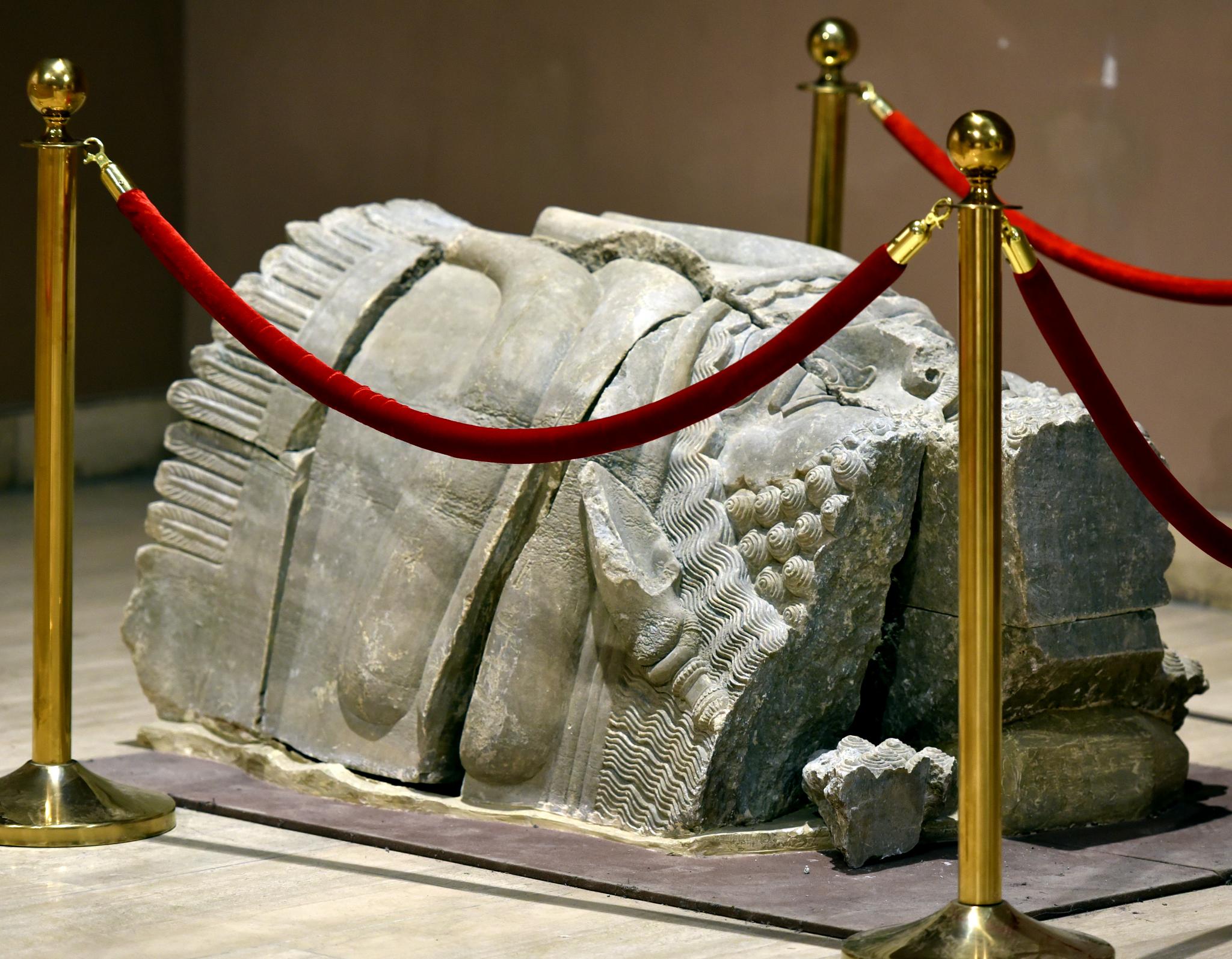The Centre for Global Heritage and Development introduces a new, fourth, LDE research cluster: Art, Heritage and Science. The group will be led by Prof. Filip Vermeylen (ESHCC, EUR) and Dr. Anna Tummers (LUCAS, Leiden University).
The challenges facing heritage in the global and digital age are multifaceted and complex. Recent technological advances offer myriad new opportunities to study, display and experience heritage, ranging from augmented reality to AI applications in the art market. As a result, new skill sets are required for the 21th century heritage professionals.
The new cluster promotes the education and training of students and professionals at the crossroads of (materials) science, technology, the humanities and cognitive and social science, with the aim of preparing engaged global citizens ready to tackle current international issues. The cluster will also act as an incubator for transdisciplinary research, where the general public, experts and students from all academic fields meet, learn and create.
The cluster consists of art and architectural historians, cultural historians, anthropologists, archaeologists, cultural economists, sociologists, bibliographers, material scientists and data scientists. It adheres to a broad definition of heritage that encompasses transmitted material and immaterial aspects of current and ancient cultures. Besides visual art, architecture and monuments, it also covers archaeological excavations, books, manuscripts and intangible (living) heritage such as oral histories.
Through teaching and research the group seeks to nurture transdisciplinary science cases and develop new methods to accelerate heritage studies and go beyond the current paradigms. The science cases and methodological innovations are direct inspiration for LDE-wide Bachelor’s and Master’s courses that provide a broad and innovative perspective on heritage: from original makers to cutting-edge methods and museum visitors. Of particular interest are the possibilities of digitization and AI. These fields will soon open up new vistas in keeping art collections accessible and meaningful in a technologically and demographically quickly changing society. Art, Heritage and Science will thus be a breeding ground for collaborative projects where cutting-edge methods are used to address current research questions and societal challenges, many of which resonate internationally.
The group welcomes new members. If you are a scholar/staff from Leiden University, Delft University of Technology or Erasmus University Rotterdam, read more about the Centre's membership.

